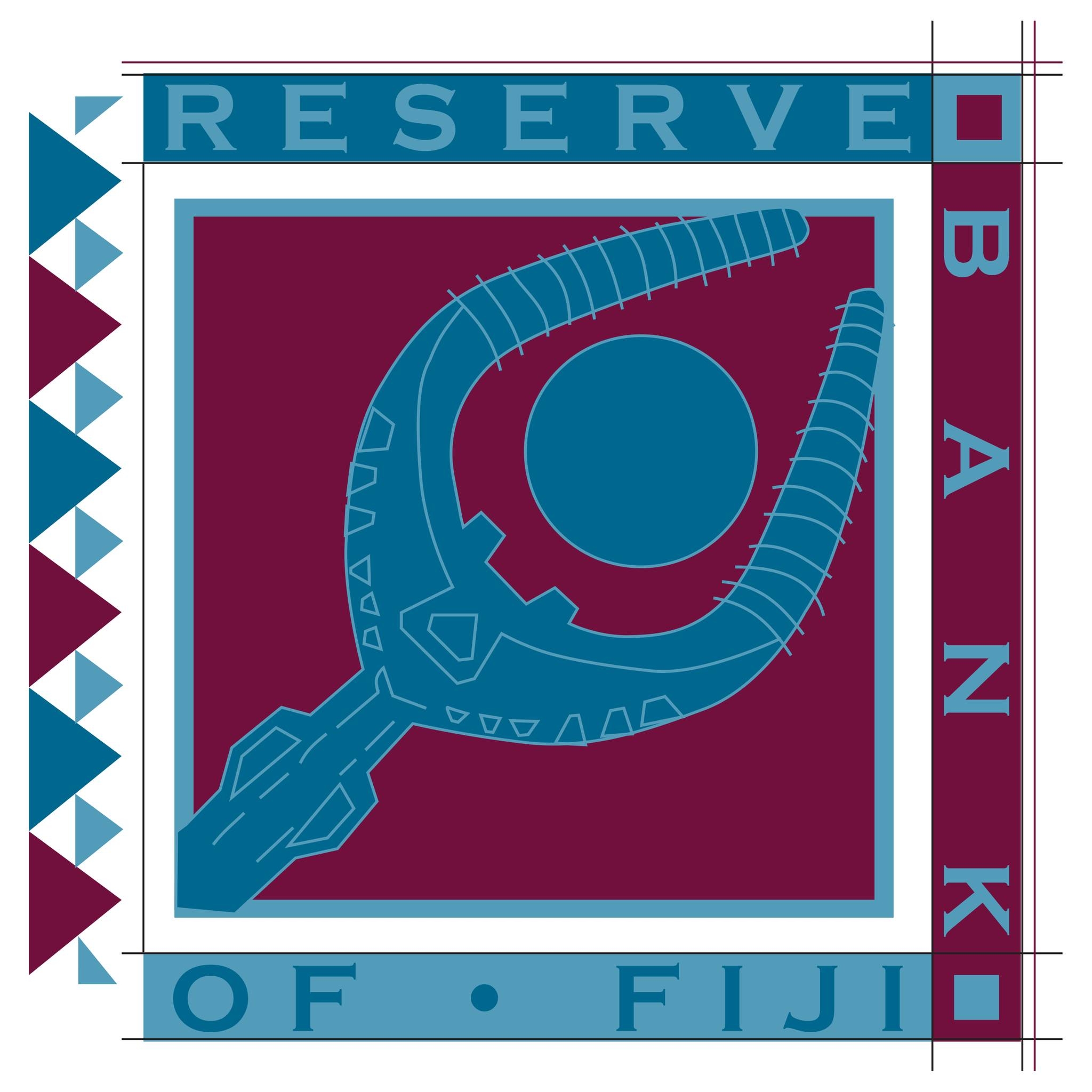The Reserve Bank of Fiji (RBF) has opted to maintain the Overnight Policy Rate (OPR) at 0.25 percent, citing strong consumption trends and improving tourism sentiment despite a mixed sectoral performance.
Governor and RBF Board Chairman Ariff Ali said the central bank remains focused on its dual objectives of maintaining low inflation and adequate foreign reserves.
Annual headline inflation stood at -0.4 percent in July, the second consecutive month in negative territory, driven by lower prices for food, fuel, and transport.
“The recent tax cuts from the 2025-26 National Budget are expected to exert further downward pressure on inflation in the near term,” said Mr Ali.
“Foreign reserves remain comfortable at $3.9 billion, enough to cover six months of imports.”
While visitor arrivals fell 0.4 percent in the year to July due to weaker numbers from Australia, New Zealand, and Asia, tourism showed signs of resilience.
Arrivals from Australia rebounded in July, with increased visitor numbers from the United States, marking the fourth straight month of year-on-year growth.
“This trend, coupled with the VAT reduction, could make Fiji a more affordable destination and boost tourism spending in the months ahead.’
Domestic consumption remains a key growth pillar, with net VAT collections up 5.4 percent, vehicle registrations surging 22 percent, and consumption lending rising 35.1 percent.
Remittances, low interest rates, and increased incomes have all contributed to strong consumer activity.
However, investment recovery remains sluggish due to high construction material costs.
Still, a pipeline of large projects, supported by budget policies and easing labour pressures, could accelerate investment in coming quarters.
Private sector credit expanded 9.5 percent, backed by high banking system liquidity of $2.2 billion.
The RBF will continue to monitor global and domestic risks, especially those linked to geopolitics and trade, and adjust monetary policy as needed.

